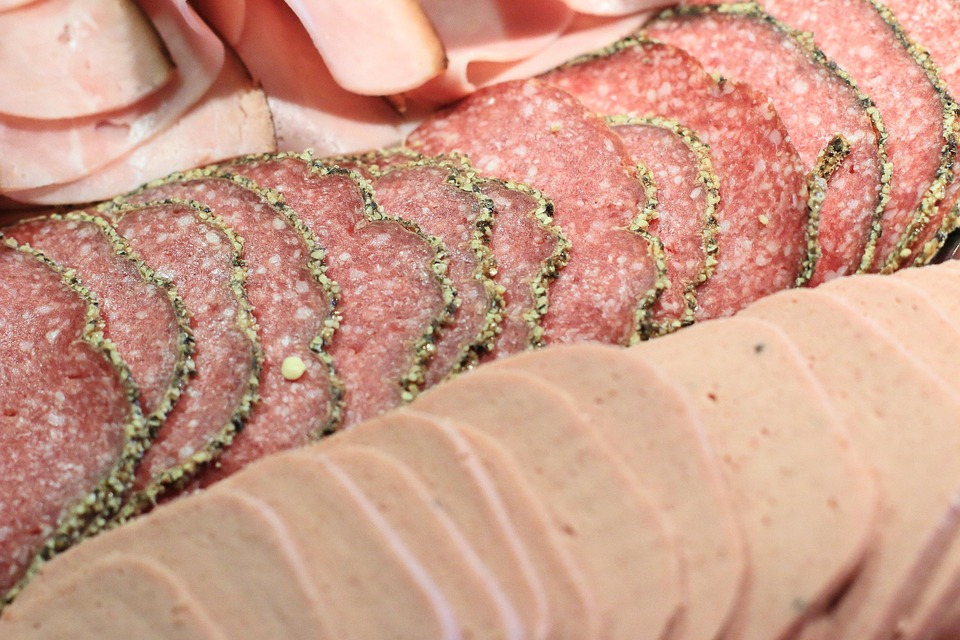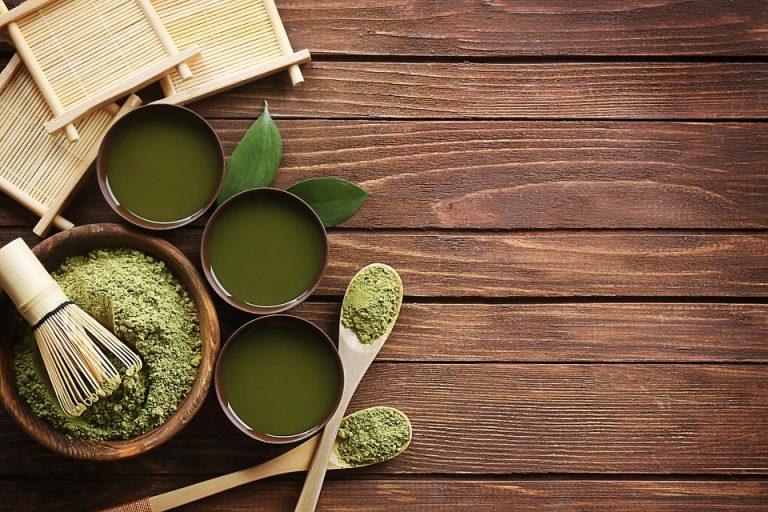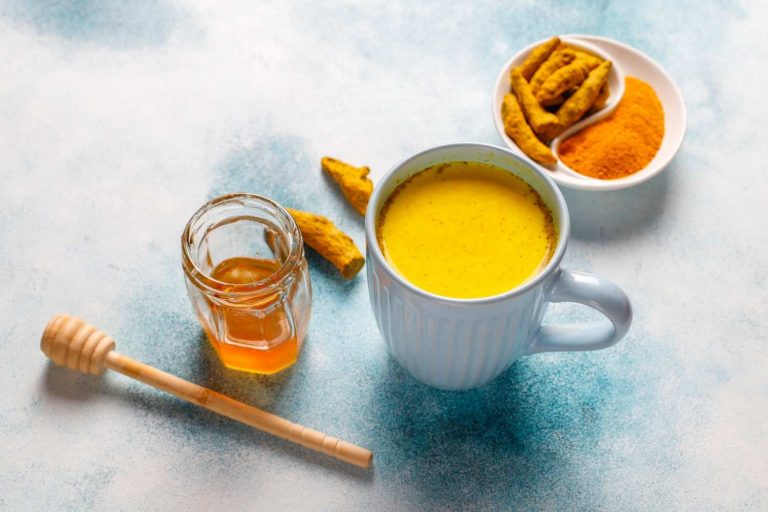Did you know that your liver is one of the hardest-working organs in your body? It’s like the unsung hero of your internal system, handling everything from detoxification to nutrient storage. But just like any hero, it could use a little help sometimes. Enter spices! Not only do they add flavor to your meals, but some are also known to support liver function. Let’s dive into five spices that can give your liver a boost and why you might want to sprinkle them into your daily routine.
Contents
1. Turmeric: The Golden Spice
Why It Works
Turmeric, often dubbed the “golden spice,” contains an active compound called curcumin. This powerful antioxidant is known for its anti-inflammatory properties, which can help reduce liver inflammation and promote overall liver health. Some studies suggest that curcumin can protect against liver damage caused by toxins and improve liver function.
How to Use It
Incorporating turmeric into your diet is easy! You can add it to curries, smoothies, or even make a turmeric latte. Just a teaspoon a day can make a difference. But be cautious: excessive amounts can lead to digestive issues for some people.
Pros and Cons
Pros:
- Potent anti-inflammatory properties
- Easy to incorporate into meals
- Potential to improve liver function
Cons:
- May cause digestive upset in large amounts
- Absorption can be low without black pepper
2. Milk Thistle: The Liver Protector
Why It Works
Milk thistle isn’t a spice in the traditional sense, but it’s worth mentioning for its liver-supporting properties. The active ingredient, silymarin, is known for its antioxidant effects. Research indicates that milk thistle can help protect the liver from toxins and may even aid in liver regeneration.
How to Use It
Milk thistle is typically available as a supplement, but you can also find it in teas. If you choose supplements, make sure to follow the recommended dosage, as it can vary.
Pros and Cons
Pros:
- May help regenerate liver cells
- Protects against toxins
- Available in various forms
Cons:
- May interact with other medications
- Not suitable for everyone; consult a healthcare provider
3. Ginger: The Zesty Healer
Why It Works
Ginger is another powerhouse that can support liver health. It has been shown to help reduce inflammation and improve digestion. Some studies suggest that ginger can protect the liver from damage due to alcohol and other toxins.
How to Use It
Fresh ginger can be added to teas, smoothies, or stir-fries. Dried ginger is great for baking or spicing up soups. Plus, it can be a delicious way to soothe an upset stomach.
Pros and Cons
Pros:
- Supports digestion
- Reduces inflammation
- Versatile in cooking
Cons:
- Can cause heartburn in some individuals
- Overconsumption may lead to digestive discomfort
4. Garlic: The Flavorful Detoxifier
Why It Works
Garlic is more than just a flavor enhancer; it’s packed with sulfur compounds that can help detoxify the liver. Allicin, a compound found in garlic, has been shown to support liver function and protect it from damage.
How to Use It
You can easily add garlic to almost any savory dish. Whether you’re roasting it, sautéing it, or using it raw in salad dressings, the possibilities are endless. Just be mindful of how much you use, especially if you’re planning a social outing!
Pros and Cons
Pros:
- Supports liver detoxification
- Boosts immune function
- Adds flavor to a variety of dishes
Cons:
- Strong odor can be off-putting
- May cause digestive issues in high amounts
5. Cinnamon: The Sweet Stabilizer
Why It Works
Cinnamon is not only delicious but also offers several health benefits, including supporting liver function. Some studies suggest that cinnamon can help regulate blood sugar levels, which is crucial for maintaining overall liver health. It may also have antioxidant properties that protect the liver from damage.
How to Use It
Sprinkle cinnamon on oatmeal, mix it into smoothies, or add it to baked goods. It’s an easy spice to incorporate into your diet, and it adds a lovely warmth to your meals.
Pros and Cons
Pros:
- Regulates blood sugar levels
- Antioxidant properties
- Easy to use in various dishes
Cons:
- Cassia cinnamon contains coumarin, which can be harmful in large amounts
- Some may find its flavor too strong
FAQs
1. Can I take these spices as supplements?
Yes, many of these spices are available in supplement form. However, it’s best to consult a healthcare provider before starting any new supplements, especially if you’re on medication.
2. How much of these spices should I consume for liver health?
There’s no one-size-fits-all answer, but generally, incorporating a teaspoon or two of these spices into your daily meals is a good start. Always listen to your body and consult a healthcare provider for personalized advice.
3. Are there any side effects to consuming these spices?
While most people can safely consume these spices, some individuals may experience digestive discomfort or allergic reactions. Start with small amounts and monitor how your body responds.
4. Can these spices replace medical treatment for liver issues?
No, these spices should not be seen as a replacement for medical treatment. If you have liver issues, consult a healthcare provider for a comprehensive treatment plan.
Conclusion
Your liver plays a crucial role in your overall health, and supporting it with the right nutrients—like spices—can make a significant difference. Incorporating turmeric, milk thistle, ginger, garlic, and cinnamon into your meals can not only enhance flavor but also provide health benefits that support liver function. Remember, though, that while these spices can be beneficial, they’re not a cure-all. Always consult with a healthcare provider for any serious health concerns.
So, why not spice things up in your kitchen? Your liver will thank you!
Disclaimer: This article is for educational purposes only and is not a substitute for professional medical advice. Always consult a qualified healthcare provider before making changes to your health routine.
References
-
M. R. K. et al. (2020). The Role of Curcumin in Liver Disease: A Review. Journal of Clinical Medicine, 9(5), 1400. https://www.mdpi.com/2077-0383/9/5/1400
-
S. A. et al. (2016). Effects of Silymarin on Liver Disease: A Systematic Review. World Journal of Gastroenterology, 22(31), 7105-7114. https://www.wjgnet.com/1007-9327/full/v22/i31/7105.htm
-
L. M. et al. (2019). Ginger: A Functional Food for Health Promotion. Journal of Nutrition & Intermediary Metabolism, 16, 1-6. https://www.sciencedirect.com/science/article/pii/S2211912418300868
-
T. C. et al. (2021). Garlic and Liver Health: A Review of the Evidence. Nutrients, 13(4), 1193. https://www.mdpi.com/2072-6643/13/4/1193
-
Y. L. et al. (2018). The Potential of Cinnamon Extract on Diabetes and Liver Health: A Review. Frontiers in Pharmacology, 9, 512. https://www.frontiersin.org/articles/10.3389/fphar.2018.00512/full
Get Your FREE Natural Health Guide!
Subscribe now and receive our exclusive ebook packed with natural health tips, practical wellness advice, and easy lifestyle changes, delivered straight to your inbox.




